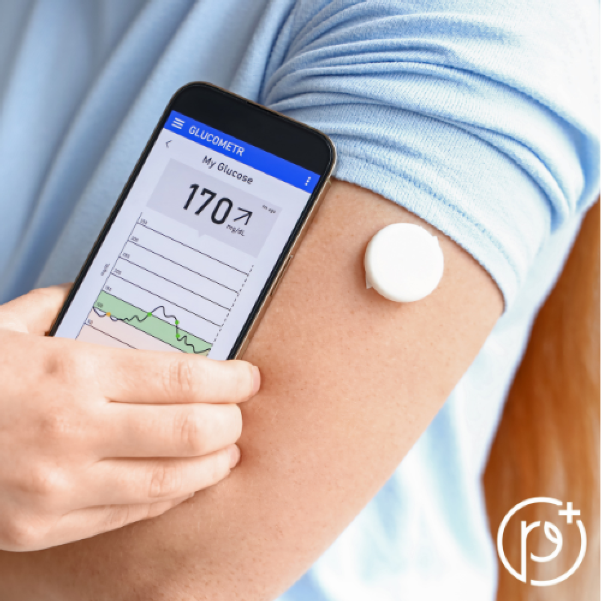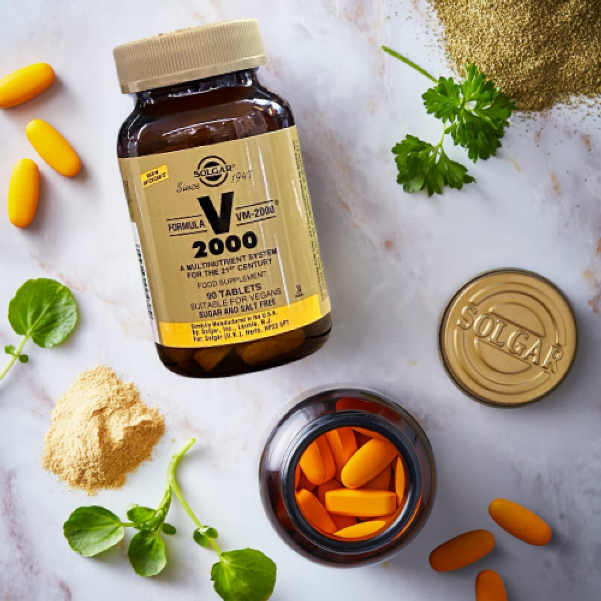Itch and Scratch Season
Wednesday, 19 July 2023
Why am I more itchy and scratchy in winter?
It's been cold, and we all have our heating on full blast. This has two major ramifications:
- it increases our electricity bill exponentially, and
- it wrecks the protective barriers of our skin.
At the Pharmacy we always notice that those who suffer from skin rashes and eczema get a spike in their symptoms. Eczema, also known as atopic dermatitis, is a skin condition characterized by itchy, red, and dry skin. It's often triggered by environmental factors, including the cold, dry conditions that winter brings.
Understanding eczema in winter
Winter's cold temperatures and low humidity can significantly affect eczema-prone skin. These conditions decrease the moisture levels in our skin, resulting in an impaired skin barrier. This impairment can cause the skin to become dry, itchy, and more susceptible to irritants and allergens, which can exacerbate eczema symptoms. One of our most popular heat sources, heat pumps, further dry out the air and skin, causing an increase in eczema flare-ups.
THE KEY POINT for all eczema sufferers is: your skin constantly cycles from a healthy normal protective barrier phase -> to a dryer phase -> to an inflamed itchy phase. Once the skin has reached an inflamed state, you will need to get a steroid cream from the Pharmacist. You can buy two different strengths over the counter. The sooner you use these the better, as inflamed skin left abated tends to get way worse, and you will need stronger steroids from your Doctor. The key to eczema management is doing everything you can to keep your skin in between the normal phase and the dry phase. How do we do this?
Self-Care Practices
Eczema can't be cured, but it can be managed. Our tips involve a proper skincare routine and lifestyle adjustments, especially during the winter months.
- Keep Hydrated: Staying hydrated is vital. Drink plenty of fluids throughout the day (NOT caffeinated or alcoholic!! - both have diuretic effects, pushing your skin to a dryer phase!)
- Moisturise Regularly: Apply a fragrance-free, hypoallergenic moisturiser immediately after showering to lock in moisture. This will help keep your skin hydrated and strengthen the skin's barrier. I've always used and recommended more expensive creams for the face. But lately for the body, I’ve switched to Cetomacrogol and Glycerol cream from the dispensary team at the Pharmacy. It's significantly cheaper and does a great job of locking in the moisture with the added glycerol. (Check in with our team to learn more.)
- Avoid Hot Showers: Though tempting in the cold months, hot showers can strip your skin of essential oils, causing further dryness. Opt for lukewarm water instead.
- Use a Humidifier: To counteract the dryness caused by indoor heating, consider using a humidifier to add moisture back into the air.
- Choose Clothing Carefully: Opt for soft, breathable materials such as cotton or merino to minimise skin irritation. Avoid rough, scratchy fibers like wool.
Helpful Supplements
- Omega-3 Fatty Acids: These have been shown to reduce inflammation and are abundant in fish oil and flaxseed oil.
- Probiotics: Probiotics, found in many yogurts and also available as a supplement, can enhance the gut microbiome, which has been linked to skin health.
- Vitamin D: Inadequate Vitamin D levels have been associated with eczema. Our main source of Vitamin D is our friend, the sun, which is sorely missed in Dunedin during winter!
Winter can be a challenging time for those with eczema. Understanding how the season impacts this condition and employing the right strategies can make a world of difference. Taking care of your skin with proper self-care practices and considering helpful supplements can go a long way in managing eczema flare-ups. But most importantly, don't hesitate to reach out to the team at Roslyn Pharmacy for personalised advice and support!
Till next month,
Andrew and team







